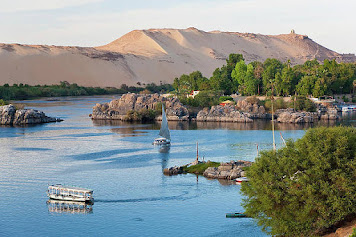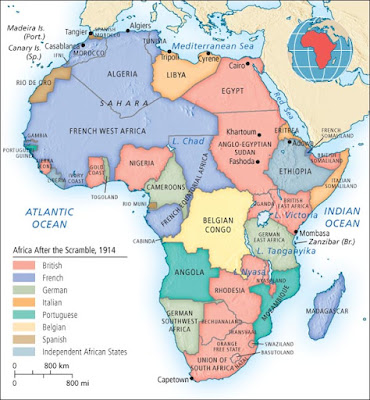Treading murky waters: Negotiations and Stalemate
Welcome back to the 5th blog!
Negotiations
The numerous negotiations between Egypt and Ethiopia over the GERD have not been successful: Ethiopia targets to complete the filling within four to six years, while Egypt proposed a lengthened timeframe of up to 21 years, in hopes to minimise the negative impacts that come with an altered flow of Nile water (Miehe, 2021). This transboundary conflict has come to a deadlock situation as the upstream country realise its economic potential while the downstream countries attempt to maintain their status quo. This dilemma has brought almost all negotiations to a stalemate. Sharing agreements like the World Bank-backed Nile Basin Initiative (NBI) was initially meant to be a mutually beneficial partnership that focuses on a Cooperative Framework Agreement (NBI, 2023). But in 2007, the upstream and downstream countries disputed over the recognition of the colonial-era treaties, which eventually led to Egypt and Sudan temporarily freezing their membership in 2010.
Why can't we reach a conclusion?
The Nile is symbolic and emotional to Egyptians and Ethiopians in different ways. The Nile River nurtured the ancient Egypt civilisation by providing the arid country with fertile soil, water for irrigation and transportation channels, and even their calendar year begins on the first month of flooding (Kiger, 2021). Essentially- the Nile is Egypt, and Egypt is the Nile. Meanwhile, the GERD plays a vital role in economic development and nation-building in Ethiopia, and especially after years of underdevelopment, its name is self-explanatory- it symbolises its leap out of the dark ages and a rebirth of the country. The transboundary conflict over the Nile is considered a 'political minefield', as any overly generous concessions during the talks may result in strong domestic opposition (Gebreleul, 2014).
Water War?
The ongoing standoff between Egypt and Ethiopia has produced Malthusian speculations about military conflicts over the Nile water (Chellaney, 2016). Influential personalities like former UN Secretary-General Boutros Boutros Ghali warned that the next war in the Red Sea region will be "over the waters of Nile, not politics". Egypt has also made it very clear that they would go to war over the contested waters, but despite all speculations and threats, how likely will this conflict manifest into military action? Statistical studies have shown a historical anomaly of water wars: only 7 out of 412 incidents of inter-state crisis that happened in the 20th century were caused by water, and all 7 of the conflicts were only minor skirmishes (Wolf, 1998). But it is also notable that despite the recent shift in power relations, the asymmetries in military and economic capacities between Ethiopia and Egypt are still substantial, and that would give Egypt a clear advantage should a military confrontation happen (Gebreleul, 2014).
So, where do we go from here? In our final blog, we will discuss the possible ways to navigate peacefully through the murky waters of the Nile River. Stay tuned.




Comments
Post a Comment